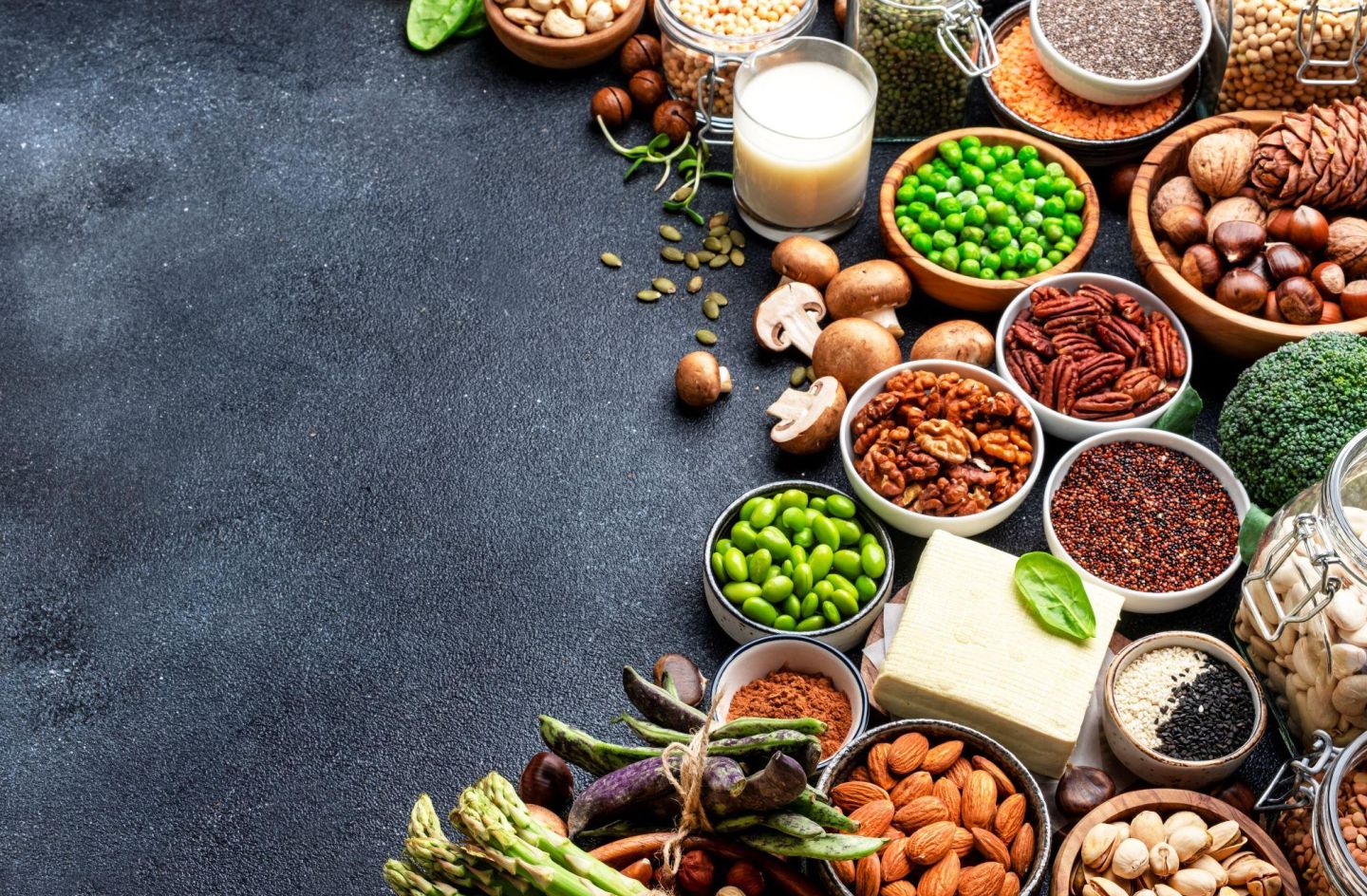First Steps
I saw an increasing need to incorporate more sustainable plant-based ingredients into my goods as more and more people were coming through the door of our bakery requesting vegan treats. People would also comment on how hard it was to find cafés that had good meat-free or dairy-free options. When I first heard about SETU’s Certificate in Plant-Based Cooking & Sustainable Practices, I saw it as a great option to expand my menu and cater for a wider audience. The part-time nature of the course also worked with my tight schedule, which was a huge bonus.
Experience
While I had a wealth of experience in cooking and baking up to that point, I had a limited awareness of sustainable cooking best practices. It seems crazy to say this now, but I was unaware of the impact that needless food waste can have on the environment and your pocket. I now understand how important sustainable cooking is. I have worked in kitchens where there was so much waste, and a tendency to throw out unwanted food. Not only is it a waste of money, but more importantly, it is a waste of our limited resources. Using ingredients that are to hand makes a chef think about being resourceful and creative. It is very inspiring!
Learning Curve
The course was so useful from start to finish, but it was not without its challenges! My biggest learning curve was the baking module. I am accustomed to working with traditional ingredients, so when they are removed from the equation, more testing is required to see what tastes right! It encouraged me to look at what I know and examine how I could adapt existing skills in the kitchen.
"This course is beneficial to anyone working in the food industry... Every single person in the kitchen needs to be aware and on board with sustainability because it is a global effort that we must all be involved in."
Veronica Taglienti SETU Graduate
Putting theory into practice
After the course, I was able to implement waste reduction policies at our bakery. We were not a zero landfill kitchen, but we were an exceptionally low waste one – so I am happy with that. Having an awareness of energy usage reduction was also helpful because we could cut back on equipment use and fill the oven with bakes to get the best use of cost each time. I also added plant-based bakes on Saturdays, which our customers loved!
Benefits
The result is a chef who wants to help rather than hinder the environment. Life is so busy that we can get caught up in the day-to-day and not think about the impact of the decisions we make. Taking time out to study the impact we are having on the planet has changed my cooking methods for the better.
This course is beneficial to anyone working in the food industry. I would recommend that applicants have some kitchen experience to maximize the benefits they can get from the course, but that is not essential. Every single person in the kitchen needs to be aware and on board with sustainability because it is a global effort that we must all be involved in.



